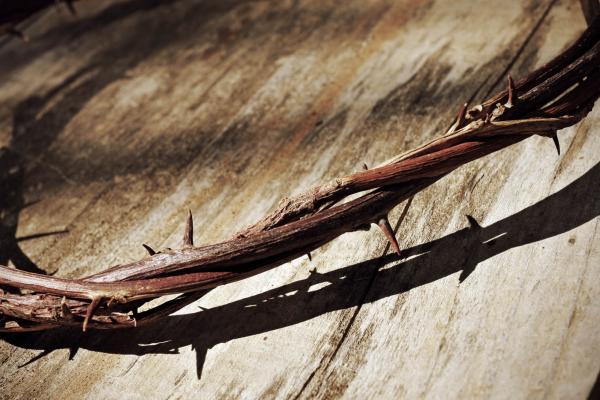Jan 2, 2017
At an evacuation hosted by the United Church of Christ in the Philippines, I met the “suffering but struggling Jesus” when I spoke with Bai Bibyaon, the only female chieftan of the Lumad. Bai is over 90 years old, and, like Christ fleeing angry crowds and the surveillance of the Roman Empire, Bai has fled her ancestral land from the violence of the Armed Forces of the Philippines, all to be in sanctuary with her people, the Manobo. She told me, “Our ancestral land, on the Pantaron Mountain, is the only remaining virgin forest in Mindanao. All we want is peace, and to be in our ancestral lands without the Armed Forces of the Philippines or mining companies destroying our land."
Read the Full Article

Already a subscriber? Login
